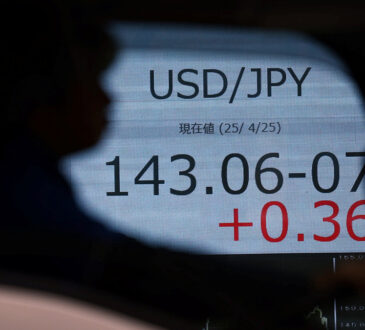
What’s going on here?
A surging US dollar is putting pressure on Asian currencies such as the South Korean won, Thai baht, and others, leading to significant market responses from local financial authorities.
What does this mean?
As the greenback climbs, fueled by speculation around potential US interest rate cuts, currencies like the South Korean won, Indonesian rupiah, and Malaysian ringgit have weakened. This volatile situation prompted the Indonesian Finance Minister to call for vigilant monitoring of the forex market. Stock markets across Asia have shown mixed responses, reflecting a complex nexus of local economic indicators and global monetary policy anticipations. Alvin Tan of RBC Capital Markets voiced that the Federal Reserve might limit itself to a single rate cut this year, which contrasts with market expectations of multiple cuts.
Why should I care?
The bigger picture: Navigating turbulent financial waters.
US monetary policy adjustments echo across global markets, with emerging Asian economies particularly affected. Investors and policymakers are closely watching these developments to tailor their strategies, considering both market forecasts and recent economic data, such as the unexpectedly low inflation in the Philippines.
For markets: Testing the resilience of Asian currencies.
The rising US dollar poses a challenge to the stability of Asian currencies and economies, increasing the likelihood of market fluctuations that can affect everything from inflation to export competitiveness. The suspected intervention by Japanese authorities to support the yen indicates the proactive measures regulators are ready to employ to smooth out any potential financial disturbances.




